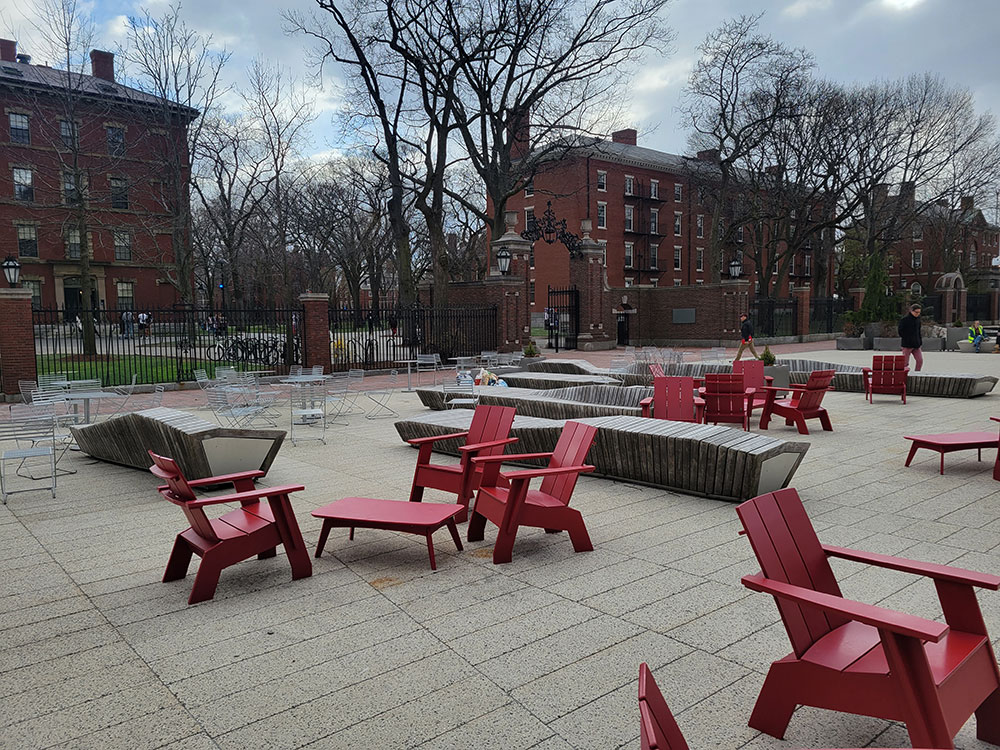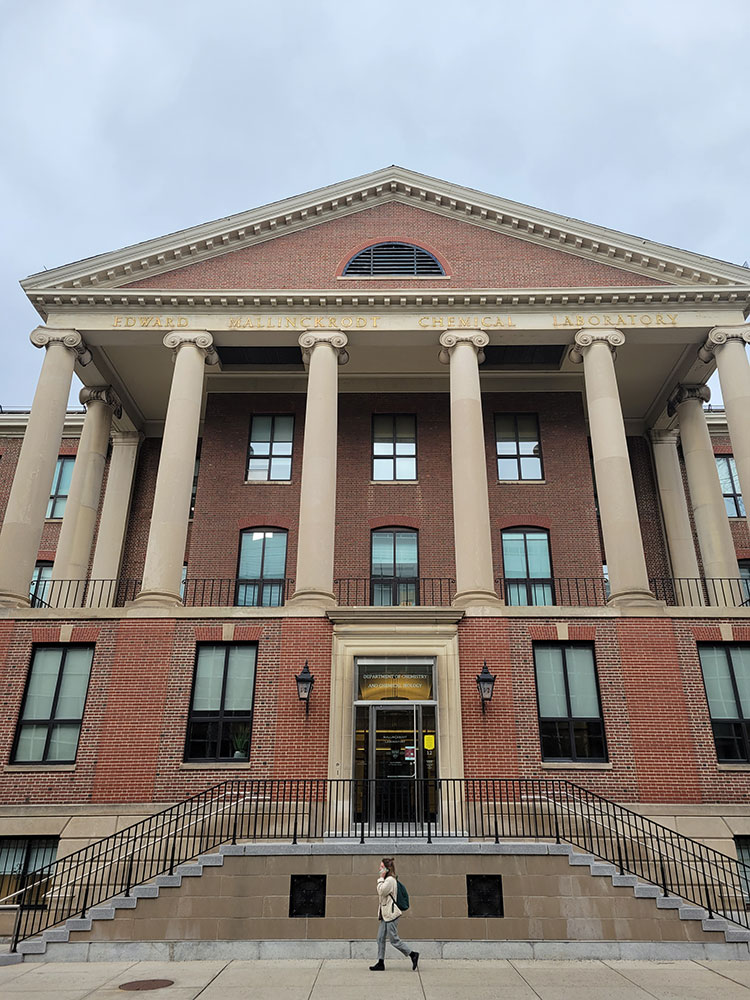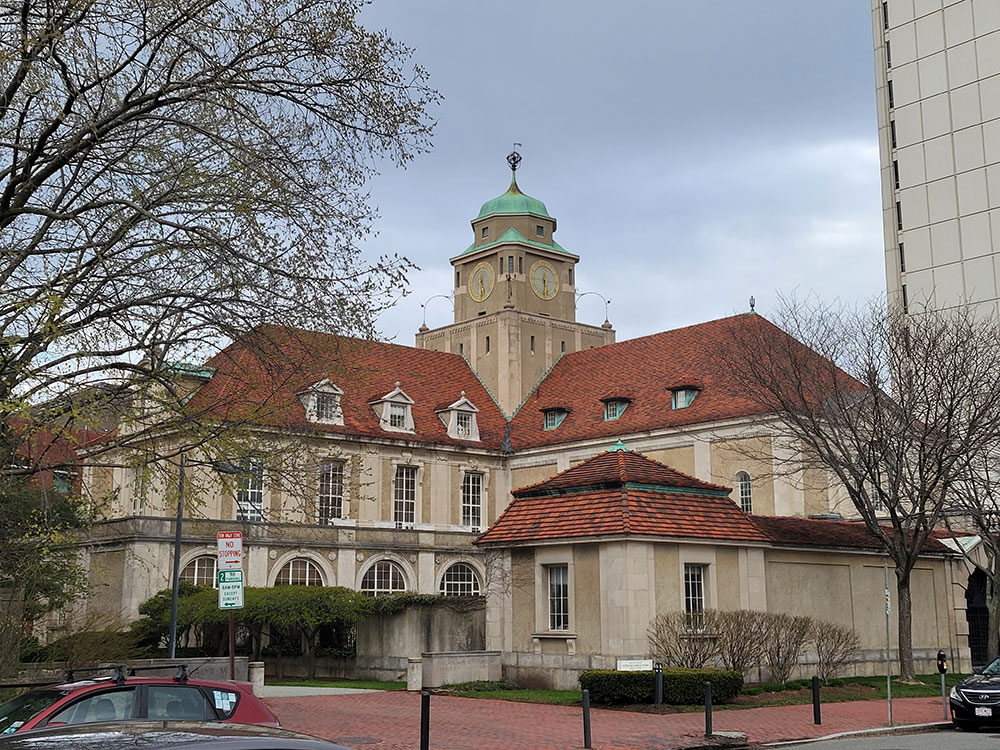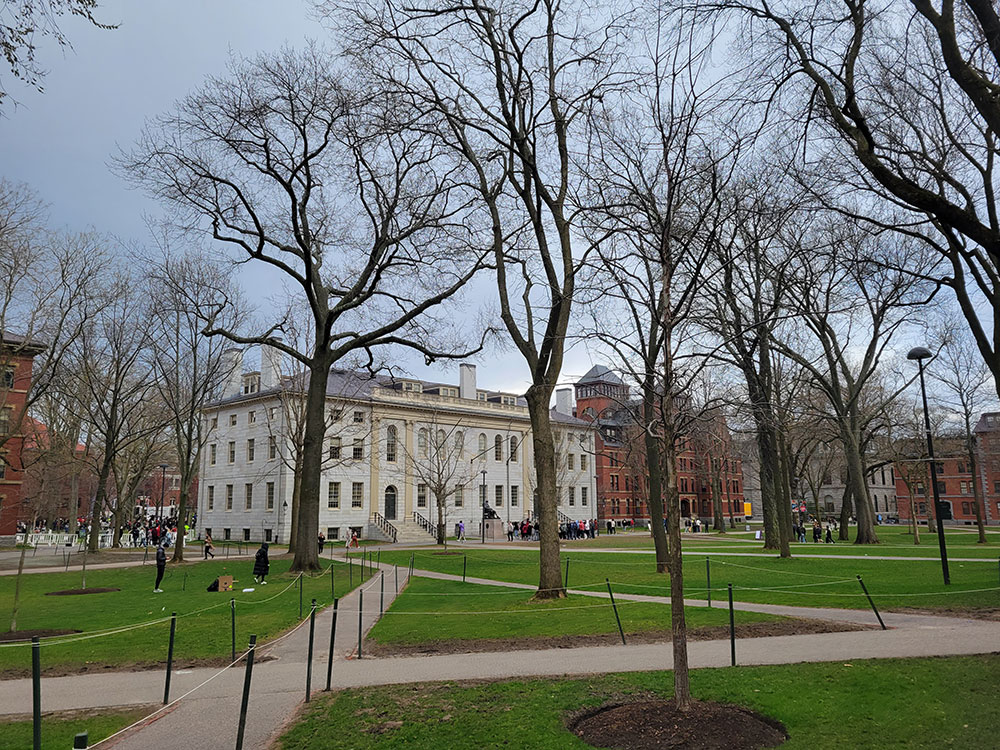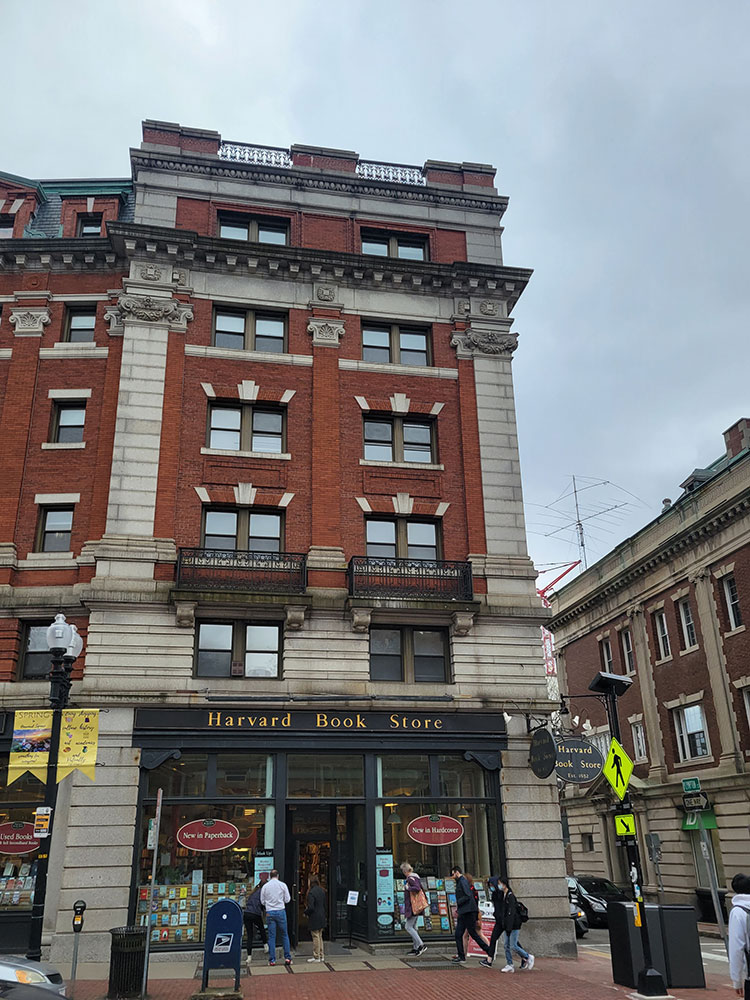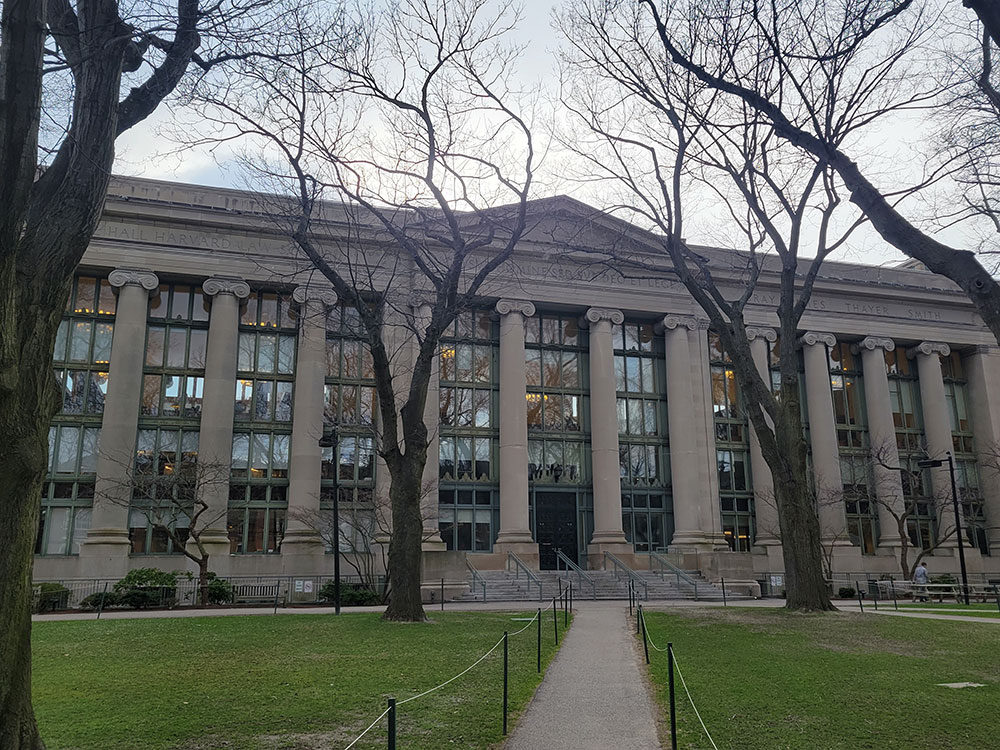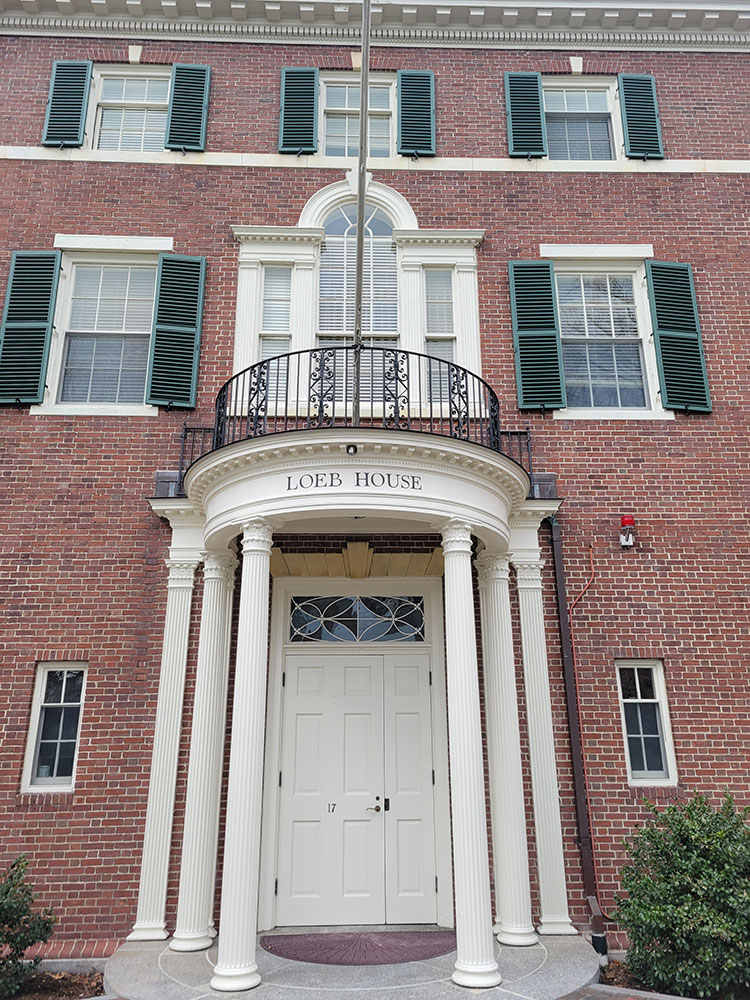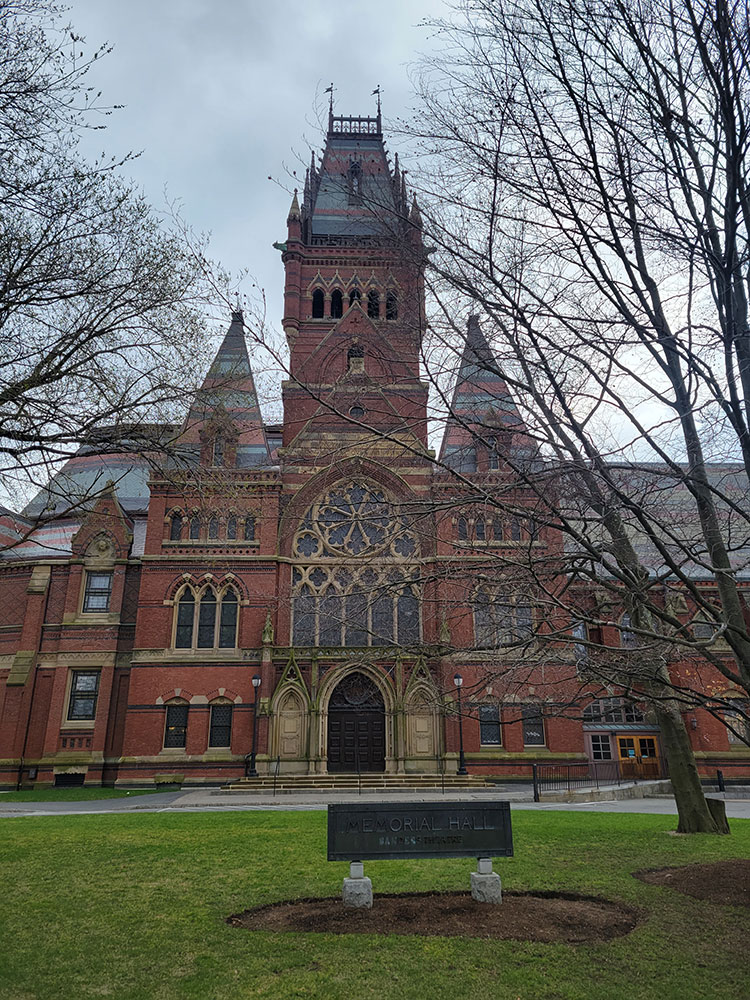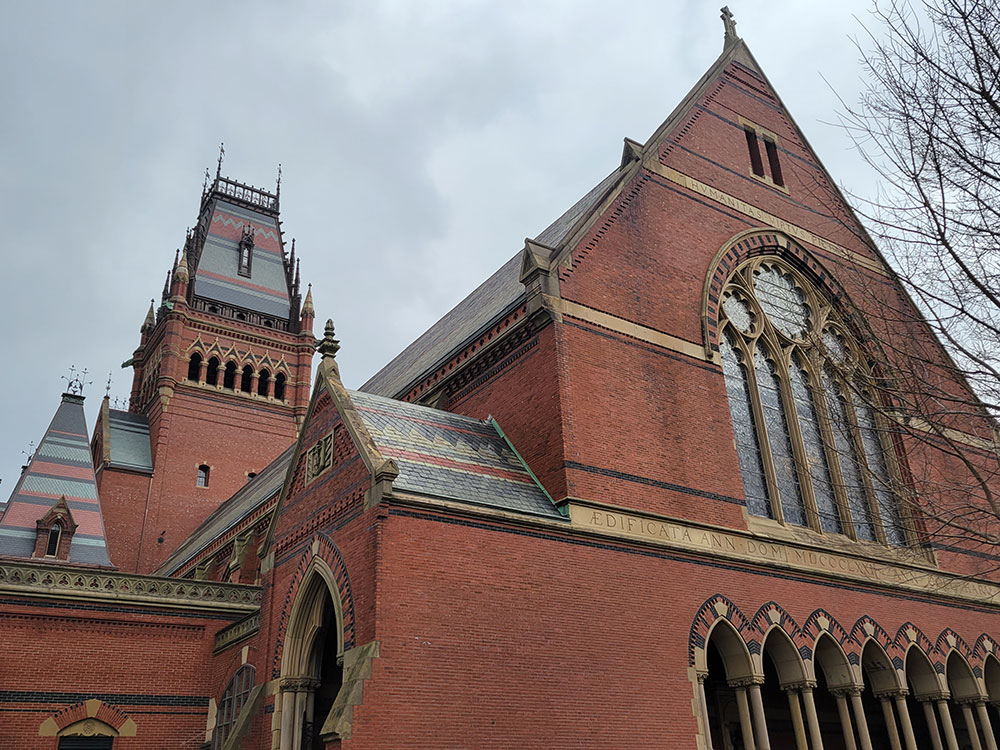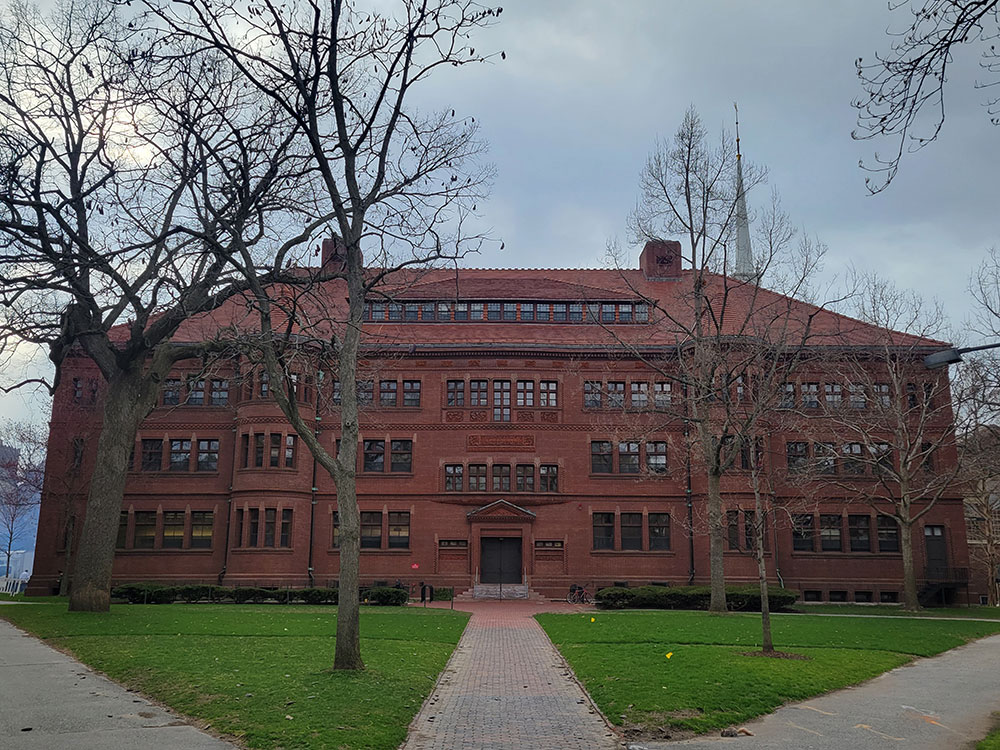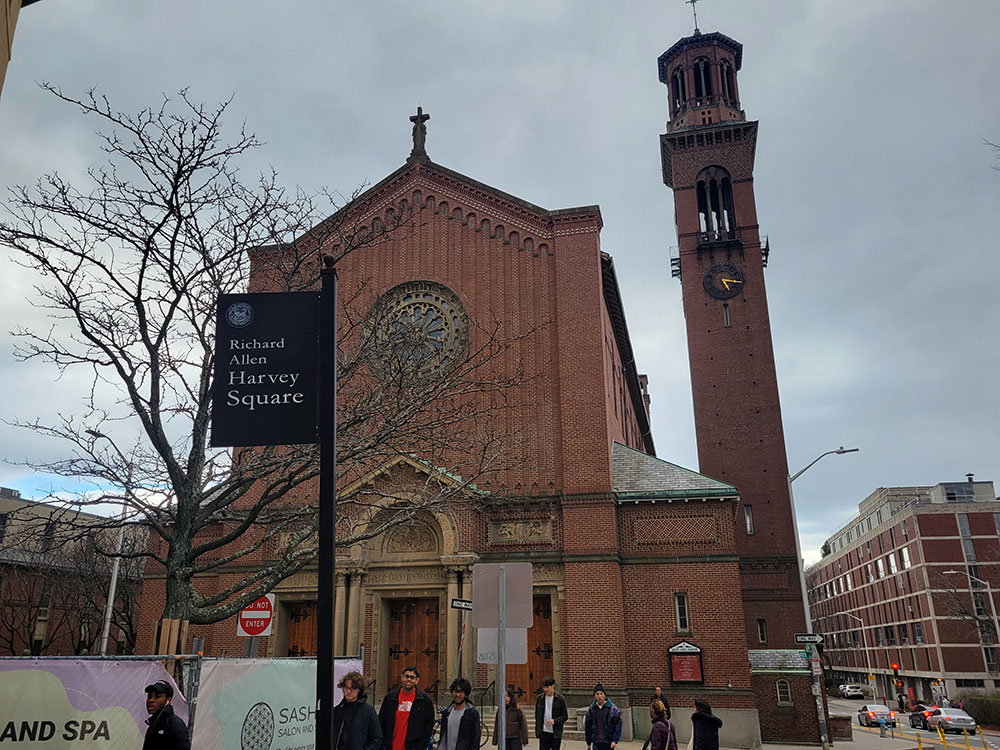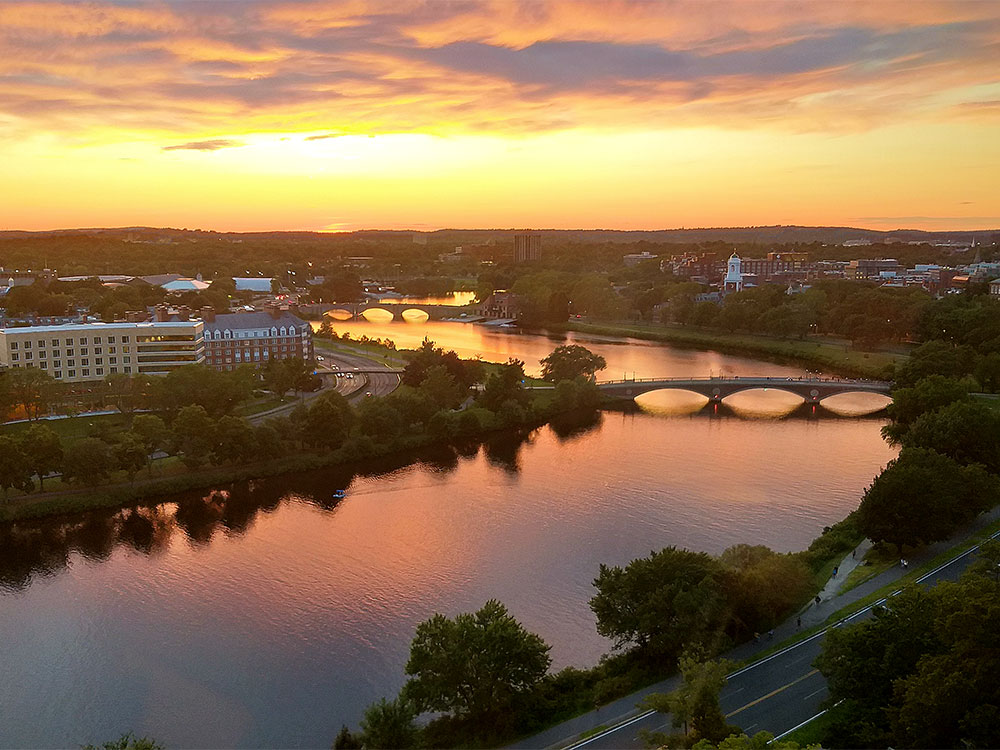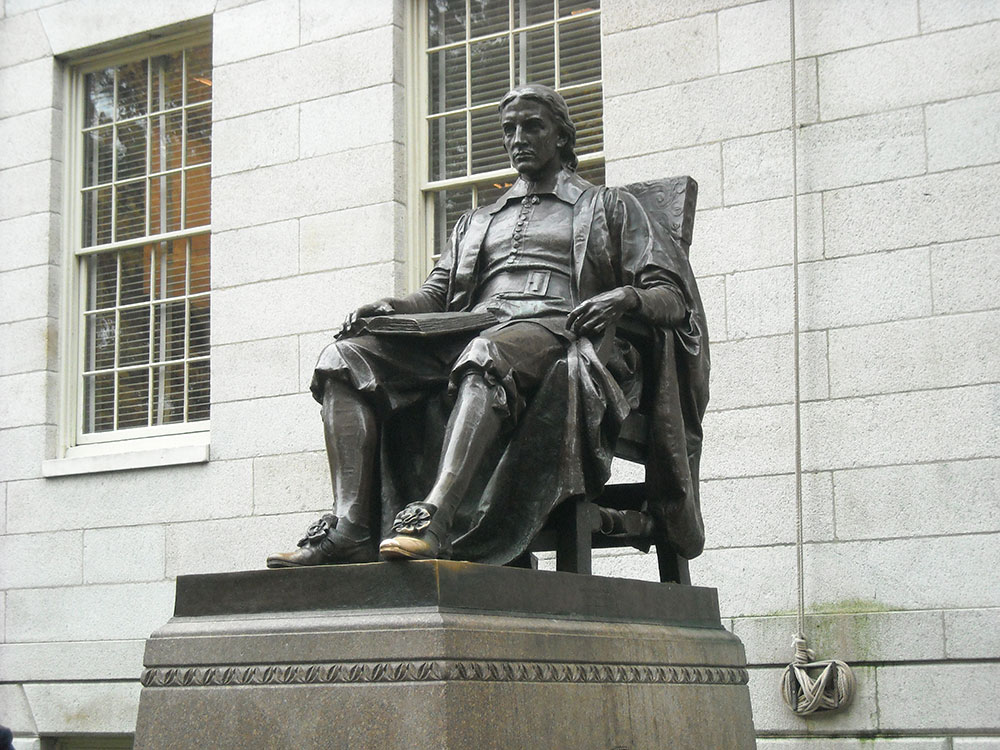Ivy League research university founded in 1636 is the oldest institution of higher learning in the United States and among the most prestigious in the world
General Information
How to Get There
Overview
Harvard University is a private Ivy League research university in Cambridge, Massachusetts. Founded in 1636 as Harvard College and named for its first benefactor, the Puritan clergyman John Harvard, it is the oldest institution of higher learning in the United States and among the most prestigious in the world.
The Massachusetts colonial legislature authorized Harvard's founding. Though never formally affiliated with any denomination, in its early years Harvard College primarily trained Congregational clergy. Its curriculum and student body were gradually secularized during the 18th century, and by the 19th century, it had emerged as the central cultural establishment among the Boston elite. Following the American Civil War, President Charles William Eliot's long tenure (1869-1909) transformed the college and affiliated professional schools into a modern research university; Harvard became a founding member of the Association of American Universities in 1900. James B. Conant led the university through the Great Depression and World War II, and liberalized admissions after the war.
The university is composed of ten academic faculties plus the Radcliffe Institute for Advanced Study. Arts and Sciences offers study in a wide range of academic disciplines for undergraduates and for graduates, while the other faculties offer only graduate degrees, mostly professional. Harvard has three main campuses: the 209-acre (85 ha) Cambridge campus centered on Harvard Yard; an adjoining campus immediately across the Charles River in the Allston neighborhood of Boston; and the medical campus in Boston's Longwood Medical Area. Harvard's endowment is valued at $53.2 billion, making it the largest of any academic institution. Endowment income helps enable the undergraduate college to admit students regardless of financial need and provide generous financial aid with no loans. The Harvard Library is the world's largest academic library system, comprising 79 individual libraries holding about 20.4 million items.
Harvard has more alumni, faculty, and researchers who have won Nobel Prizes (161) and Fields Medals (18) than any other university in the world and more alumni who have been members of the U.S. Congress, MacArthur Fellows, Rhodes Scholars (375), and Marshall Scholars (255) than any other university in the United States. Its alumni include eight U.S. presidents and 188 living billionaires, the most of any university. Fourteen Turing Award laureates have been Harvard affiliates. Students and alumni have won 10 Academy Awards, 48 Pulitzer Prizes, and 110 Olympic medals (46 gold), and they have founded many notable companies.
Harvard's 209-acre (85 ha) main campus is centered on Harvard Yard ("the Yard") in Cambridge, about 3 miles (5 km) west-northwest of downtown Boston, and extends into the surrounding Harvard Square neighborhood. The Yard contains administrative offices such as University Hall and Massachusetts Hall; libraries such as Widener, Pusey, Houghton, and Lamont; and Memorial Church.
The Yard and adjacent areas include the main academic buildings of the Faculty of Arts and Sciences, including the College, such as Sever Hall and Harvard Hall.
Freshman dormitories are in, or adjacent to, the Yard. Upperclassmen live in the twelve residential houses - nine south of the Yard near the Charles River, the others half a mile northwest of the Yard at the Radcliffe Quadrangle (which formerly housed Radcliffe College students). Each house is a community of undergraduates, faculty deans, and resident tutors, with its own dining hall, library, and recreational facilities.
Also in Cambridge are the Law, Divinity (theology), Engineering and Applied Science, Design (architecture), Education, Kennedy (public policy), and Extension schools, as well as the Radcliffe Institute for Advanced Study in Radcliffe Yard.
Harvard Business School, Harvard Innovation Labs, and many athletics facilities, including Harvard Stadium, are located on a 358-acre (145 ha) campus in Allston, a Boston neighborhood just across the Charles River from the Cambridge campus. The John W. Weeks Bridge, a pedestrian bridge over the Charles River, connects the two campuses.
The university is actively expanding into Allston, where it now owns more land than in Cambridge. Plans include new construction and renovation for the Business School, a hotel and conference center, graduate student housing, Harvard Stadium, and other athletics facilities.
The schools of Medicine, Dental Medicine, and Public Health are located on a 21-acre (8.5 ha) campus in the Longwood Medical and Academic Area in Boston, about 3.3 miles (5.3 km) south of the Cambridge campus. Several Harvard-affiliated hospitals and research institutes are also in Longwood, including Beth Israel Deaconess Medical Center, Boston Children's Hospital, Brigham and Women's Hospital, Dana-Farber Cancer Institute, Joslin Diabetes Center, and the Wyss Institute for Biologically Inspired Engineering. Additional affiliates, most notably Massachusetts General Hospital, are located throughout the Greater Boston area.
Harvard is governed by a combination of its Board of Overseers and the President and Fellows of Harvard College (also known as the Harvard Corporation), which in turn appoints the President of Harvard University. There are 16,000 staff and faculty, including 2,400 professors, lecturers, and instructors.
The Harvard Library system is centered in Widener Library in Harvard Yard and comprises nearly 80 individual libraries holding about 20.4 million items. According to the American Library Association, this makes it the largest academic library in the world.
Houghton Library, the Arthur and Elizabeth Schlesinger Library on the History of Women in America, and the Harvard University Archives consist principally of rare and unique materials. America's oldest collection of maps, gazetteers, and atlases both old and new is stored in Pusey Library and open to the public. The largest collection of East-Asian language material outside of East Asia is held in the Harvard-Yenching Library.
The Harvard Art Museums comprise three museums. The Arthur M. Sackler Museum covers Asian, Mediterranean, and Islamic art, the Busch-Reisinger Museum (formerly the Germanic Museum) covers central and northern European art, and the Fogg Museum covers Western art from the Middle Ages to the present emphasizing Italian early Renaissance, British pre-Raphaelite, and 19th-century French art. The Harvard Museum of Natural History includes the Harvard Mineralogical Museum, the Harvard University Herbaria featuring the Blaschka Glass Flowers exhibit, and the Museum of Comparative Zoology. Other museums include the Carpenter Center for the Visual Arts, designed by Le Corbusier and housing the film archive, the Peabody Museum of Archaeology and Ethnology, specializing in the cultural history and civilizations of the Western Hemisphere, and the Harvard Museum of the Ancient Near East featuring artifacts from excavations in the Middle East.
This article uses material from the Wikipedia article "Harvard University", which is released under the Creative Commons Attribution-Share-Alike License 3.0
Featured Locations

Jeff P from Berkeley, CA, USA, CC BY 2.0, via Wikimedia Commons; Image Size Adjusted

Jeff P from Berkeley, CA, USA, CC BY 2.0, via Wikimedia Commons; Image Size Adjusted
